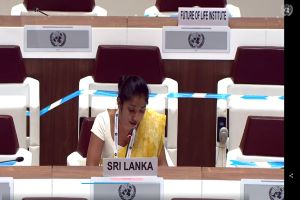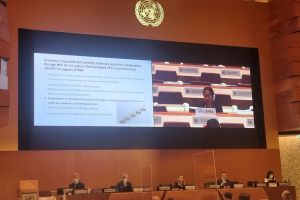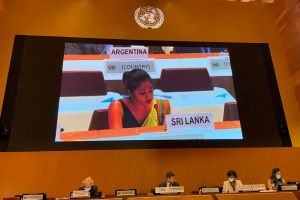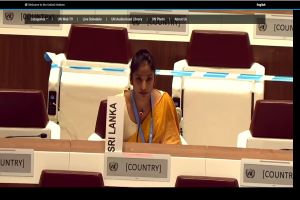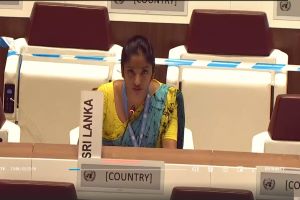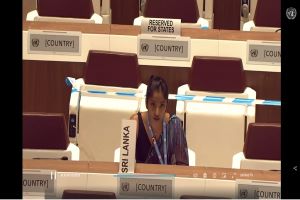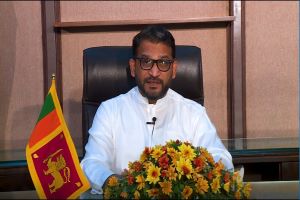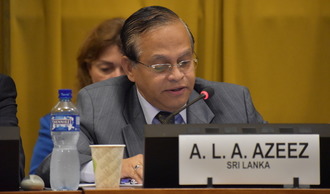Geneva, Colombo September 2021 –“Sri Lanka is pleased to confirm that the Humanitarian Demining Unit of the Sri Lanka Army has destroyed nearly 12,000 stockpiled anti-personnel mines almost a year earlier than the deadline set to us by the treaty that bans the production, use, stockpile, and transfer of these indiscriminate weapons”, announced officials at the National Mine Action Centre (NMAC) of Sri Lanka in a statement sent to the secretariat of the Anti-Personnel Mine Ban Convention. Also known as Ottawa Convention, the treaty unites over 80% of the world’s states and bans the use, stockpiling, production, and transfer of these weapons.
NMAC, which oversees planning, coordination, and implementation of Sri Lanka’s obligations under the Convention, indicated that the mines were destroyed at the end of the summer in the Kilinochchi District, in the Northern Province. “With this act, Sri Lanka signals to the world its steadfast commitment to eradicating this scourge in line with the ongoing endeavours for reconciliation and lasting peace. Our efforts towards clearing all known mined areas will continue in partnership with international allies to reach the target of a mine-free Sri Lanka”, NMAC officials added.
Sri Lanka is one of a handful of countries in South Asia that have adhered to the international treaty, doing so in 2017. Since then, the country has led efforts in promoting the Convention and its norms in the region.
 Important Links
Important Links


